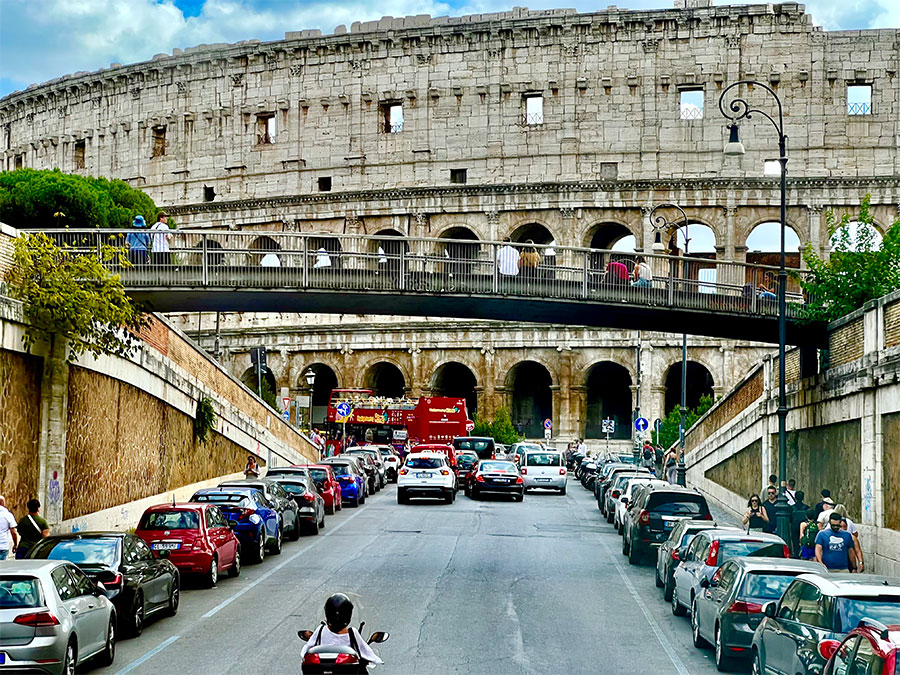In our last column, we talked about Latinos in England, and now we continue our journey as we travel from England to Italy, specifically Rome, the eternal city. Rome is known for its rich history and diverse culture. Everywhere you look in Rome, there is an era of history represented. There are about 280,000 immigrants in Italy, and the majority are from countries such as Egypt, Tunisia, and Morocco, but Rome is also home to a substantial Latino population.
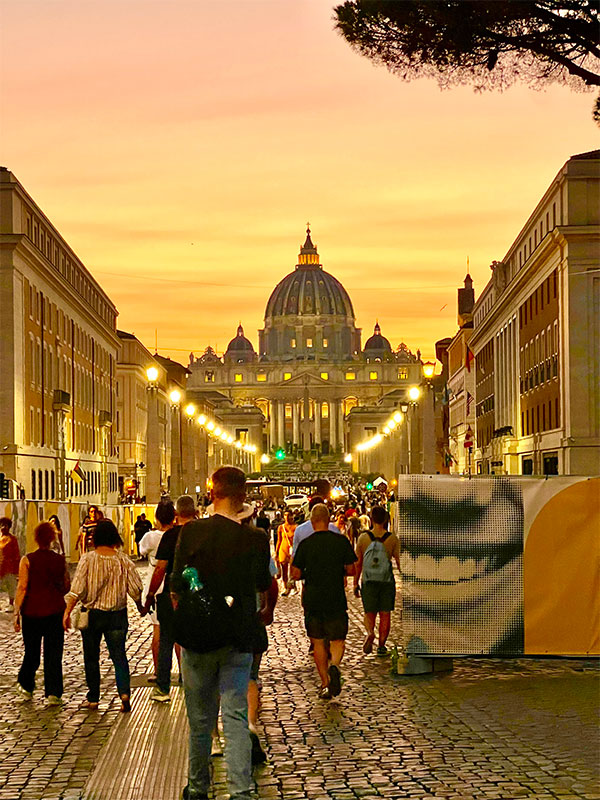
Latinos contribute to the vibrant culture of Rome with their delicious cuisine, beautiful art, and joyous festivals. They are an important part of the Roman experience. Yet, the Latino experience in Rome is not unsimilar to their experience in the United States in that documentation issues, language barriers, and discrimination exist in both places.
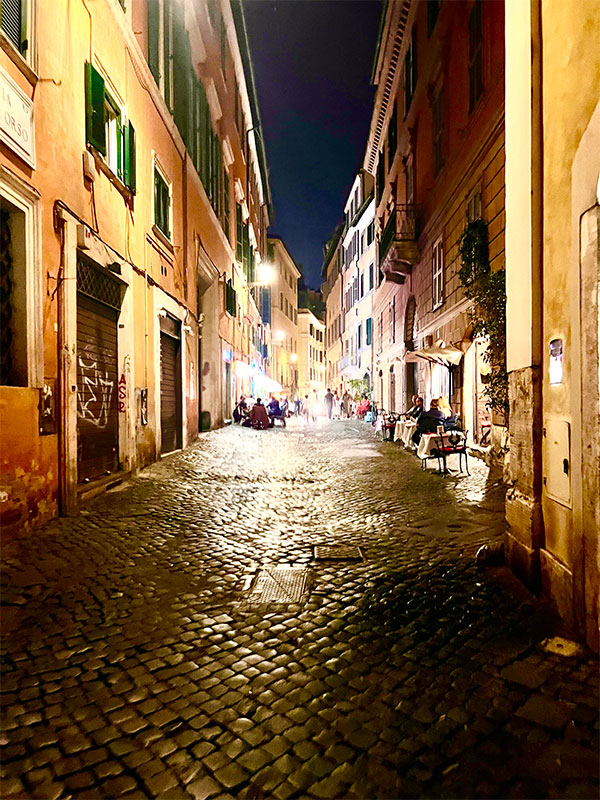
While touring Rome, I met Maria Barrero, a woman from Nicaragua. As we sat at a cafe, we began engaging in a conversation. Maria asked me where I was from, and I told her that I was born in Cuba and had lived in the United States since the age of 4.
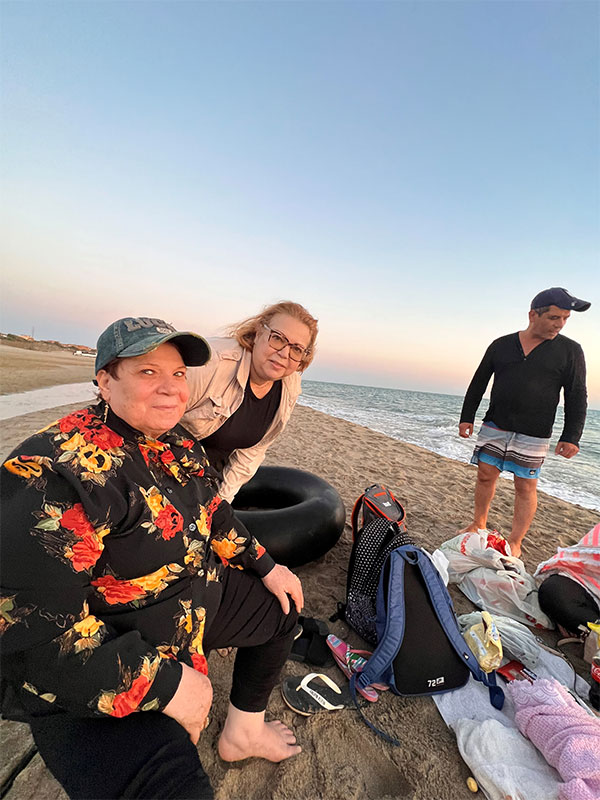
We began talking about the distress involved with having to leave your country. She told me how she and her husband, Pablo, left Nicaragua because of the crime and turmoil in the country. First, they went to the United States and lived there for several years. They had a child in the US; her daughter, Sara, is an American citizen. The family lived in Texas for several years until the immigration officials arrested and deported her and her husband back to Nicaragua. Sara stayed with relatives in the United States.
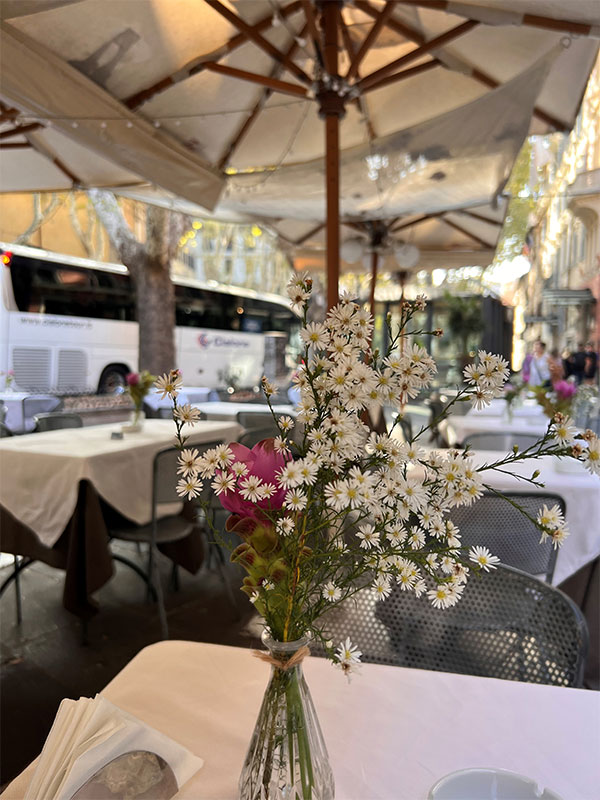
Once they had returned to Nicaragua, they began planning another route to leave the country. Maria and her husband have friends in Rome who run a cleaning business, and they invited them to seek a visa to travel to Italy. Her friends offered her and her husband jobs and a place to stay until they established their own home. Although she was happy about the possibility of leaving behind the difficulties of living in Nicaragua, she regretted having to leave her home and close family members. She especially missed her daughter in the United States.
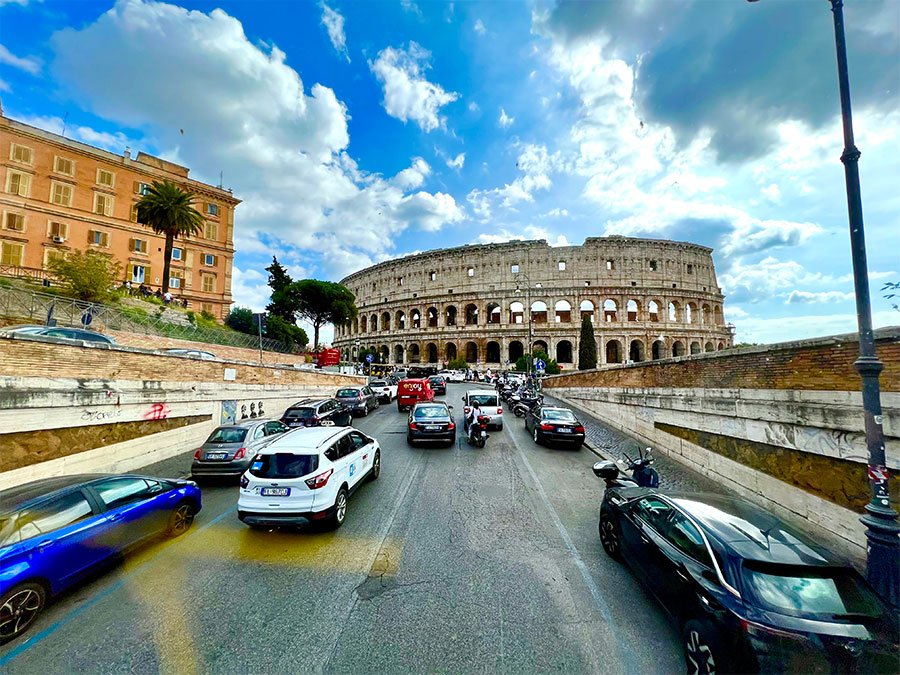
Fast-forward seven years; Maria and her husband are working in the cleaning business and living in a Latino section of town. Her family, she said, has been torn apart by the situation in her native country, and her life in Italy hasn’t been easy. Her visa expired, and now she and her husband are once more undocumented. They work in the cleaning business with their friends, and they are making a humble life for themselves. Maria explains that there is discrimination towards some Latinos.
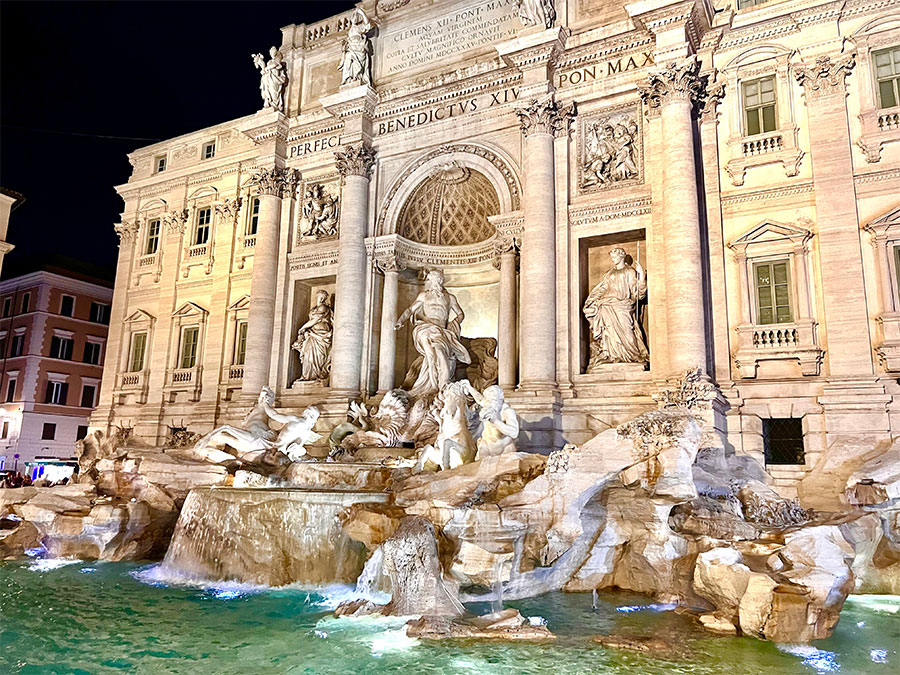
When I met Maria, her daughter was visiting her in Rome. Maria cried when she told me that her daughter was about to leave Italy and return to her life in the United States. She hopes that someday they will all be reunited. Meanwhile, she continues her life in Rome, learning a new language and becoming accustomed to a new life. Maria is determined to make the best of her situation and create a future for her family. Despite the challenges she faces, she remains positive and focused on a better future.
